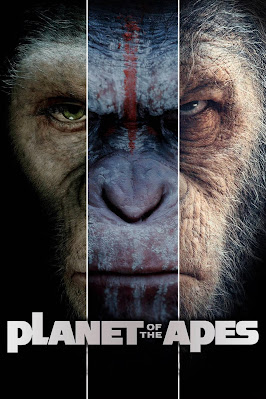I started this blog in March 2012. Prior to this, I have reviewed and/or rated between 700 and 800-plus movies on Facebook's Movie Flixter app. (My final reviews on that app were posted two months before I started this blog.) Ever since I was a kid, movies have always been a passion of mine. I believe they are meant to be more than just watched (as this blog's mission statement mentions), though there are exceptions. They are to be understood, thought about, shared with, and examined.
Since the fall of 2012, I started developing a new philosophy and outlook on film, in terms of not letting the opinions of others (especially that of critics, as well as the general public via box-office) determine what I should think and feel and say about movies. More recently, I've come to the conclusion that trying to see a lot of movies--not every movie--is overwhelming. I'm inspired by the words of the late Roger Ebert, who stated in his final piece titled "A Leave of Presence" last spring that he wanted to review "only the films I want to review." As a result, I only want to focus on the movies I'm interested in. (For the record, such interests include animation, comic-book movies, dramas, adaptations of certain books, certain biographies, some science-fiction, and research and examining of the history of "successful" films--not necessarily in that order.)
At the same time, I need to be discerning about the films I choose to view and examine. As said viewing and examining can be an engaging tool, it can also be a damaging one. In other words, there are certain movies that seem interesting on the surface, but they can leave you either desensitized or embracing immoral values or so forth. Take some of this year's Oscar-nominated films, for instance. Granted, these films are undeniably congratulated for their artistic merits and achievements in filmmaking. And why it's also commendable that certain films have been brought to the public's attention through the Oscars (and through critical reviews, such as those of the late critics Gene Siskel and Roger Ebert), we cannot base our decisions for what to watch and what not to watch on these aspects alone. There needs to be a discerning resource or more, as well as a legitimate reason for what we choose to watch. What is the film's message? It the overall impact inspiring or damaging? Moral or immoral? Condoning or criticizing? (I recommend the resource "PluggedIn," a media discernment website for families and everybody in general.)
Lastly, I have also learned that you can't be too quick to judge. A movie may make a lot of money on opening weekend or in the year it was released. A lot of people may be talking about the latest phenomenon of their generation. But what really matters is how a movie stands the test of time, how it's talked about years from now and introduced to the next generation of moviegoers thereon, and how it brings people together universally and emotionally.








